Hundreds of Civil Society Organizations (CSOs) in Nigeria have expressed their opposition to what they perceive as a systematic effort by the Federal Government to undermine the Nigerian Constitution and erode federalism through the use of illegally constituted anti-corruption agencies.
Approximately 200 CSOs have criticized the government’s attempts to obstruct the hearing of a case brought by 19 state governments that questions the constitutionality of the Economic and Financial Crimes Commission (EFCC) and other agencies. They argue that this move indicates the government’s awareness of the illegality surrounding these agencies and its intent to pressure the Supreme Court.
In a statement released on Sunday, signed by Comrade Ifeanyi Odili, President of the Campaign for Democracy, and Dr. Dapo Oluwole of the Transparency and Accountability Network (TAN), the activists condemned the government’s alleged efforts to influence the Supreme Court to dismiss a legitimate case. They affirmed their support for anti-corruption efforts while rejecting the tactics of agencies that undermine these initiatives.
The CSOs criticized the Attorney-General of the Federation’s objections, stating that they fail to address the core constitutional issues at stake. They urged the Judiciary to resist intimidation from the Executive branch, emphasizing that the perception of the EFCC as a tool for intimidation must end for the sake of true federalism.
“The persistent corruption in Nigeria is a direct consequence of these actions,” they stated.
The statement continued: “As a coalition of Civil Society Organizations, we feel compelled to participate in the ongoing debate and litigation regarding the constitutionality of the EFCC, NFIU, ICPC, and similar bodies.
“Constitutional issues must be rigorously examined and resolved by the judiciary without interference from the Federal Government. In a federal system like ours, the Federal Government does not hold superiority over the federating units, particularly on matters of concurrent jurisdiction.”
The CSOs clarified that they do not oppose the existence of anti-corruption agencies, recognizing the urgent need for effective institutions to combat Nigeria’s pervasive corruption. “Corruption is detrimental to our nation; it must be addressed decisively,” they asserted.
However, they stressed that “you cannot engage in a legal battle with an illegitimate entity. Doing so undermines the very essence of justice. If it is established that these agencies were formed outside the constitutional parameters set by the 1999 Constitution, then this anomaly must be rectified before proceeding further. Otherwise, the actions of these anti-corruption bodies could ultimately be rendered invalid.”
The CSOs expressed concern that the Federal Government’s objections seemed designed to impose an undesirable conclusion on the Judiciary, which they deemed unacceptable. They questioned the government’s fear of engaging with constitutional inquiries, asserting that it should instead focus on presenting its best legal arguments in court.
“The government’s preliminary objections are unnecessary and unfounded,” they stated. “A competent student should not fear reexamination if they have performed well. Numerous constitutional matters have been resolved by the judiciary, and this one should be no exception.”
They condemned the notion that constitutional questions related to anti-corruption agencies should not be adjudicated by a competent court. “Citizens, states, and organizations have the right to challenge the legality or constitutionality of government activities, and they must be allowed to be heard. Efforts to stifle this right through legal maneuvering are indefensible.”
The CSOs reaffirmed their commitment to resolving all constitutional issues surrounding the establishment and operation of government agencies, including anti-corruption commissions, and urged for these matters to be resolved without complication.
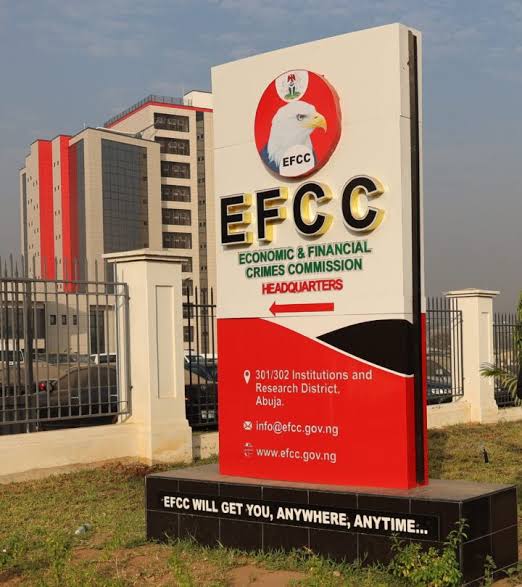





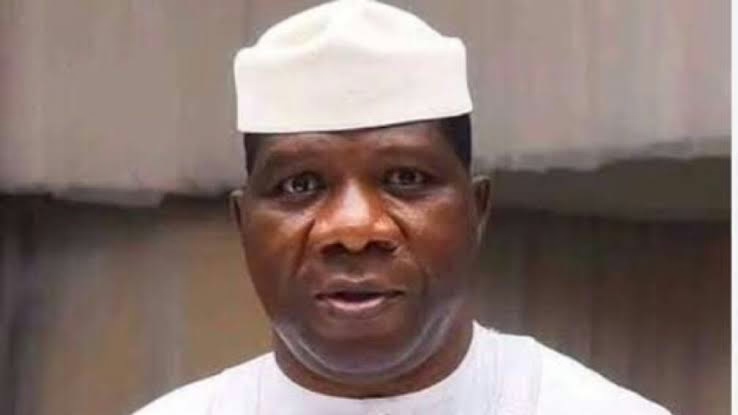

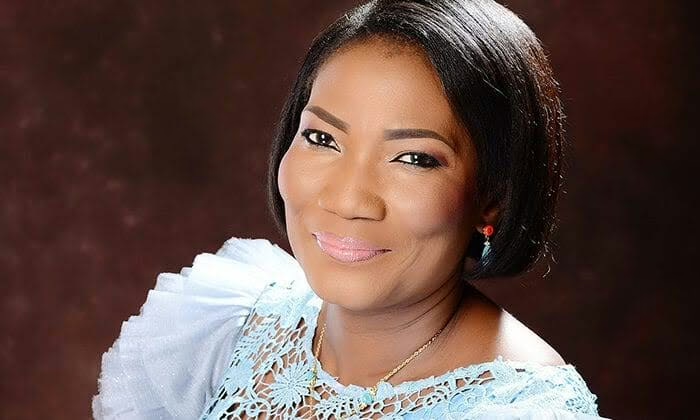
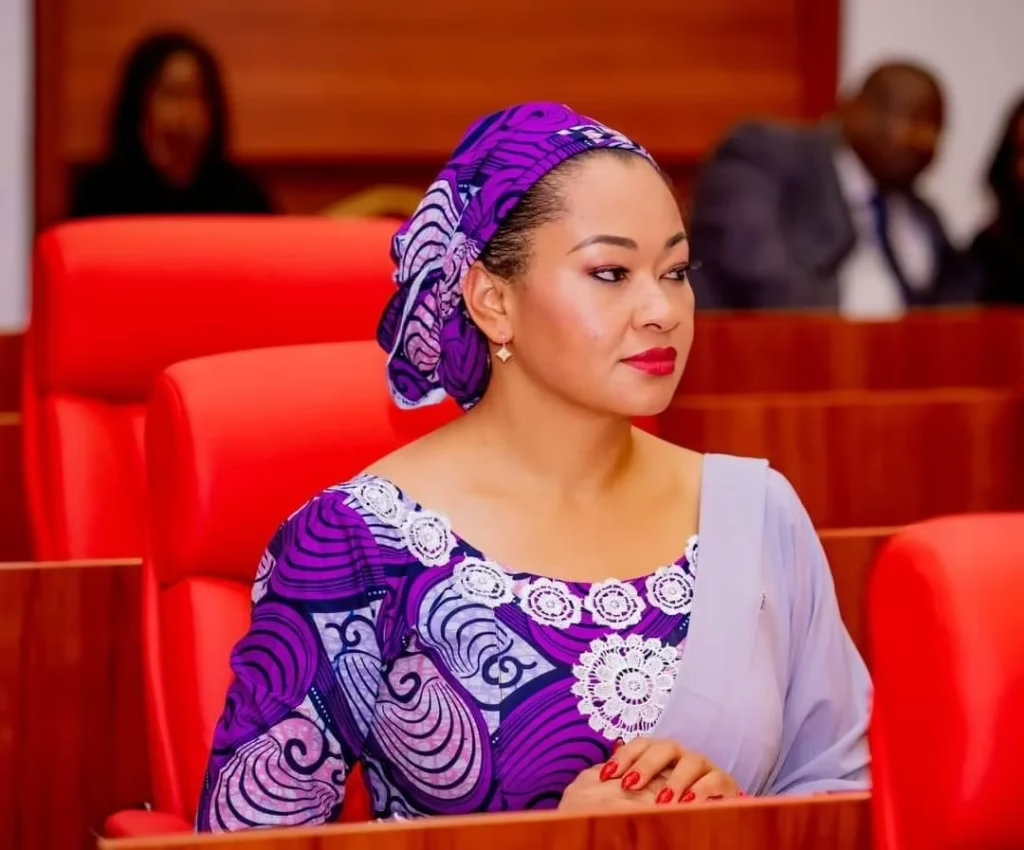
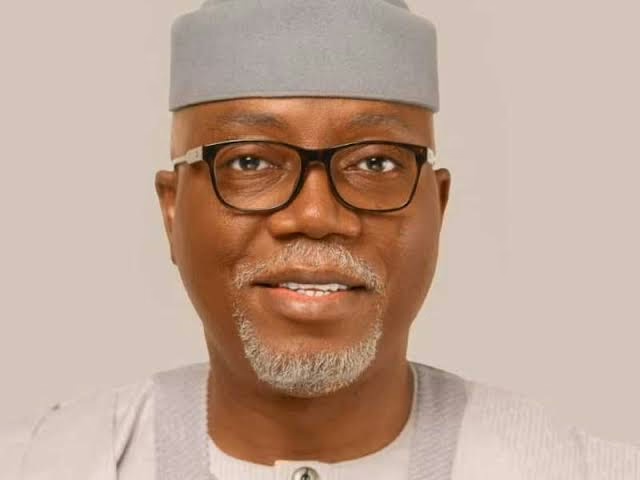
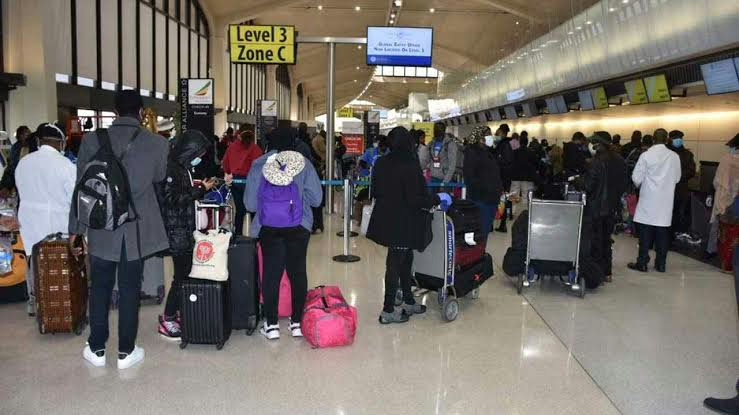
Leave a Reply